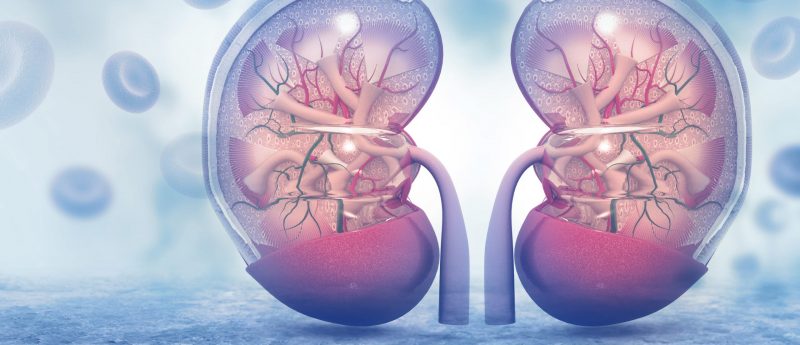AI system improves optimal treatment starts for those in need of dialysis

New analysis demonstrates that since the implementation of a machine-learning technology — a form of artificial intelligence (AI) — the proportion of optimal renal-replacement therapy starts for patients at risk of kidney failure has significantly improved.
Enabling the timely start of dialysis treatment for patients with kidney failure is critical to their gaining the most benefit from the treatment they are able to. New research, presented at the American Society of Nephrology Kidney week 2019 (5—10 November; DC, USA), demonstrates that the application of AI technology in nephrology may allow for more optimal treatment starts for patients in need of renal-replacement therapy.
In the study, researchers led by Ollie Fielding, of pulseData (NY, USA), applied an AI-based learning model to a database of 110,998 patients’ electronic health records to train the system to predict and identify patients at risk of developing kidney failure, who may require dialysis or other kidney-replacement therapy.
For individuals identified as being at high risk of developing kidney failure, the system alerts a multidisciplinary team of healthcare providers so that an appropriate treatment decision can be made.
Since implementation of the AI system in clinical practice, 54% of identified patients started dialysis under optimal conditions. This figure is almost three-times greater than the national average and 14% improved from the rate prior to deployment of the machine-learning model.
Fielding commented: “Using [AI] can help you focus care efforts on the right patients at the right time, but human effort and clinical care delivery experts are required to truly improve outcomes for patients. Predictive analytics applied on a large scale can augment a highly focused care team.”
“There is huge potential to change the healthcare dynamic by providing care before bad events rather than after. The possibility to shape the delivery of kidney care is tremendously exciting,” concluded Fielding.
Sources:
Son JH, Wang X, Fielding O et al. Use of machine learning to inform decision making and optimal renal replacement therapy. Presented at the American Society of Nephrology Kidney Week 2019 (5—10 November; DC, USA); (Abstract: TH-OR097);
https://www.eurekalert.org/emb_releases/2019-11/ason-ait110519.php
